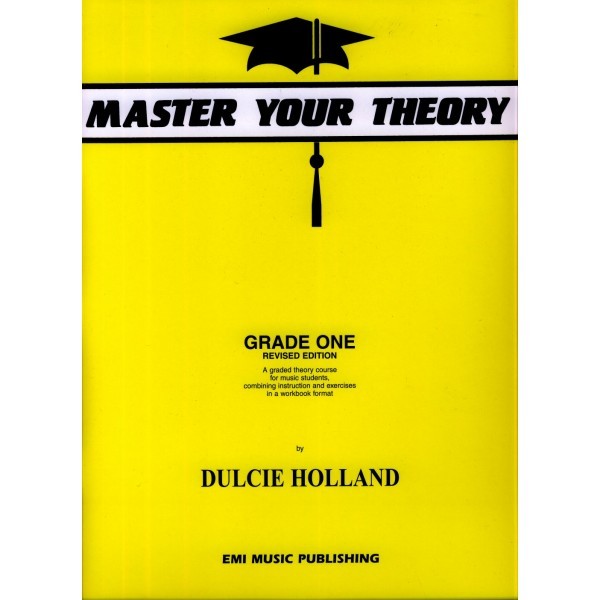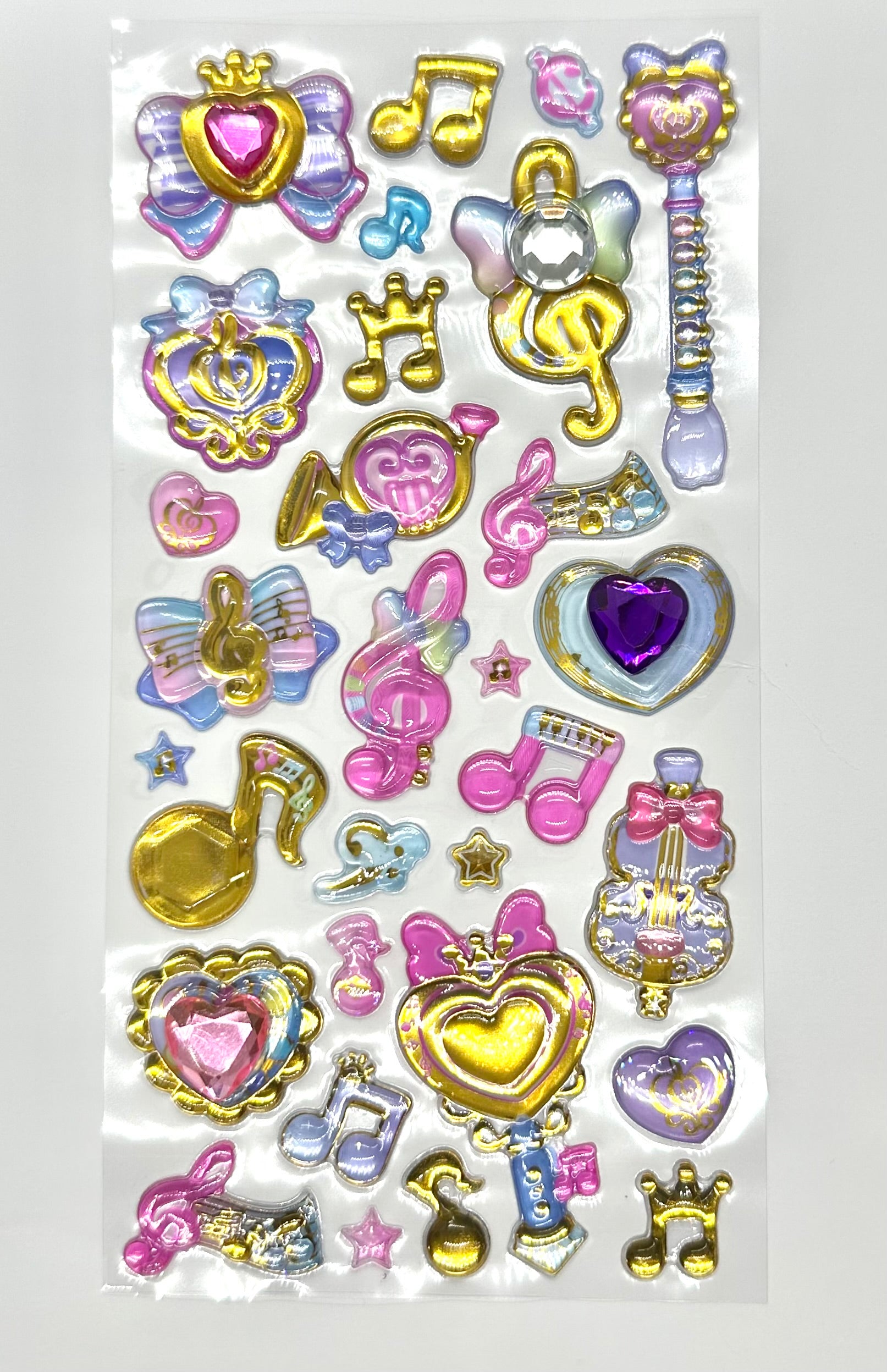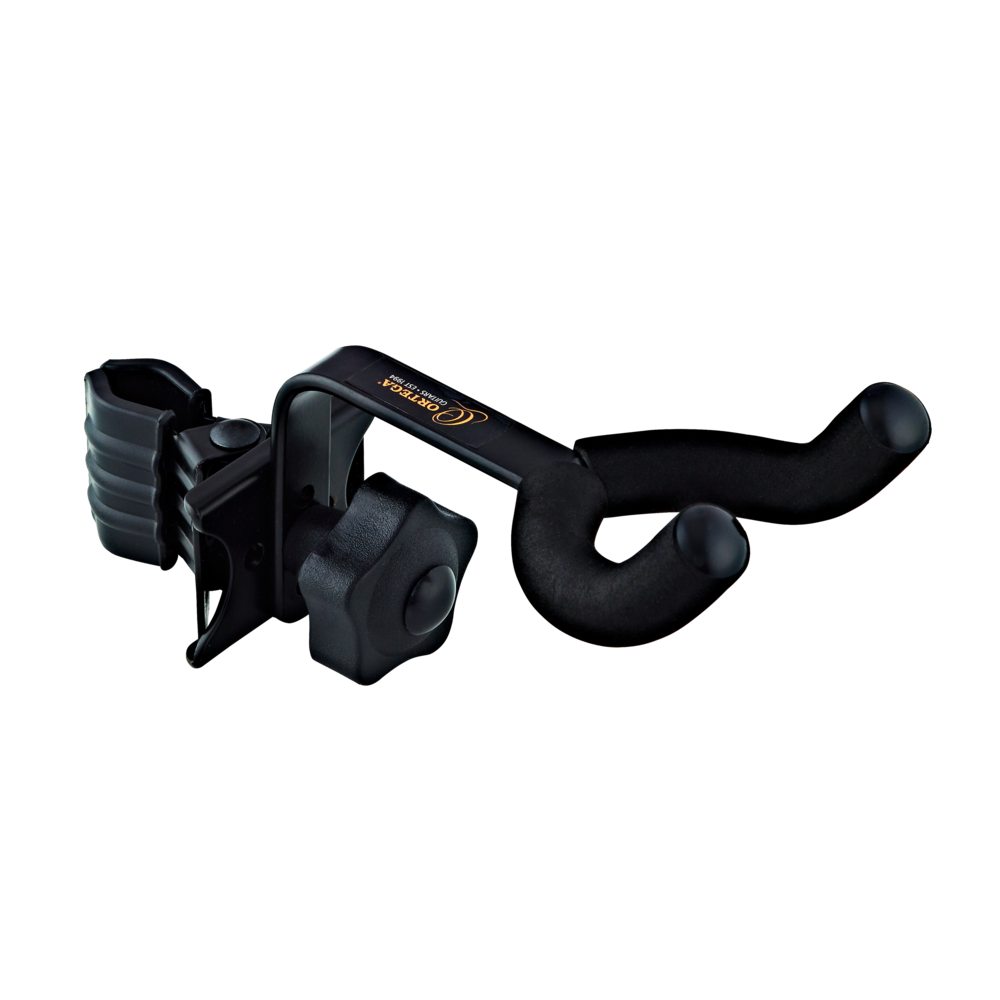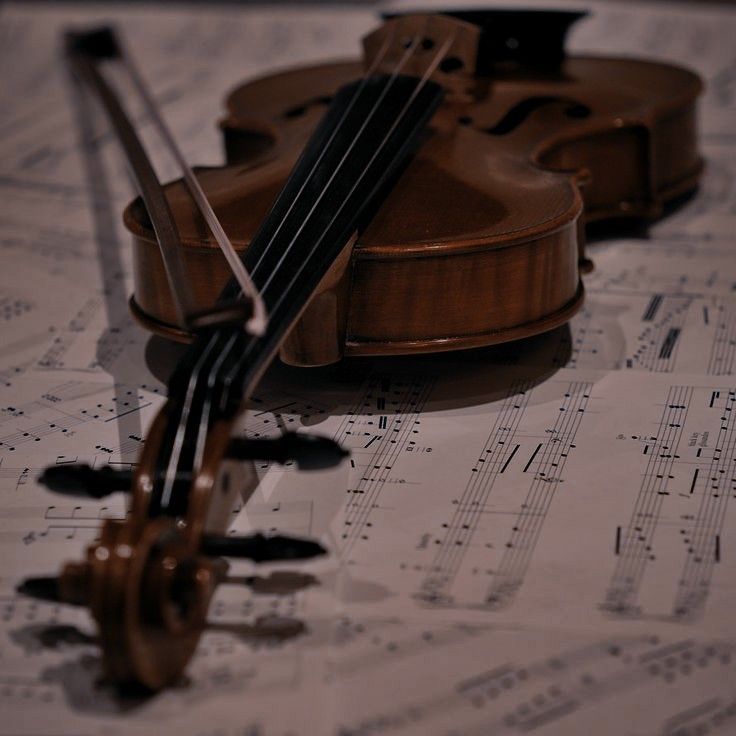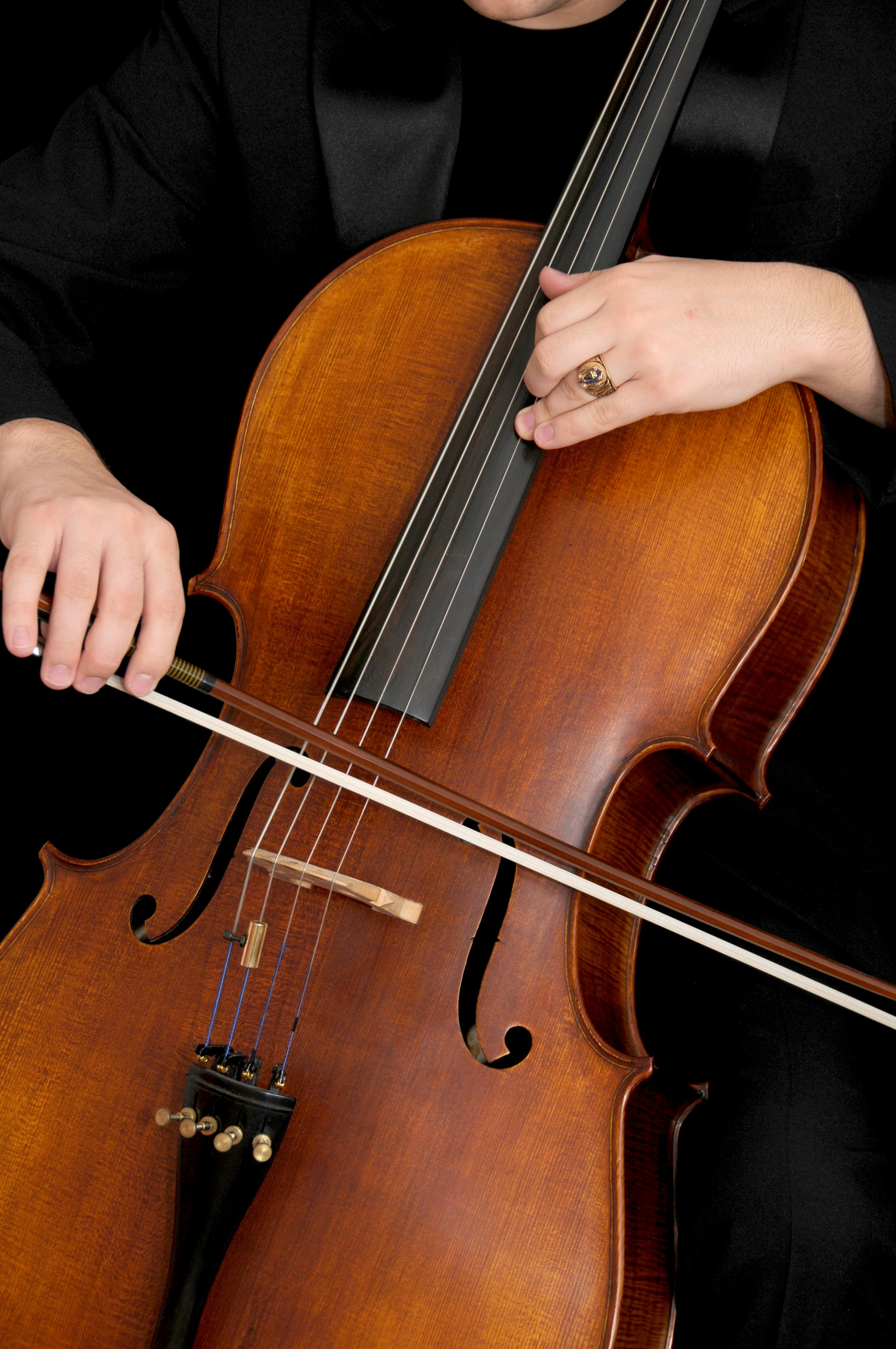- string instruments
- guitar / ukulele
- woodwind
- brass
- piano / keyboard
;
String Instruments
Maintenance Tips for String Instruments:
1. Environmental Protection:
- Shield your instrument from outdoor exposure: Protect your string instrument from direct sunlight, rain, and extreme temperatures. Sudden temperature changes can cause wood to expand or contract, potentially leading to cracks. Store your instrument in a stable environment, avoiding places prone to humidity fluctuations like basements or attics.
- Fluctuating temperatures pose a risk to string instruments, as wood is prone to cracking. Store your instrument in a controlled environment and transition gradually between temperature extremes.
2. Humidity Control:
- Store your instrument in a stable environment, avoiding places prone to humidity fluctuations like basements or attics. Maintain humidity levels between 50-60% using humidifiers and dehumidifiers, especially during seasonal changes. This helps prevent the wood from drying out or swelling, which can affect tone quality and playability.
3. Regular Cleaning:
- After each use: Use a soft cloth to wipe down the instrument, removing rosin buildup and fingerprints. Avoid using household cleaners or furniture polish, as these can damage the varnish.
- String cleaning: Clean strings regularly with a dry cloth to remove rosin dust and oil from fingers. This helps maintain clear tone by ensuring optimal vibration and prolongs string life.
- Polishing: Use polish specifically designed for string instruments. Apply sparingly to a soft cloth and gently buff the instrument’s varnish. Avoid contact with the strings and fingerboard.
4. Handle with Care:
-
Proper handling: Always support the instrument by the neck or under the body when carrying. Avoid resting it on the bridge or tuning pegs to prevent accidental damage.
-
Bridge maintenance: The bridge is critical for transmitting vibrations to the soundboard. It should not be knocked or hit as it may cause the bridge to fall or break. Inspect it regularly for signs of warping or leaning. If you notice any issues, consult a qualified repairer for adjustments to prevent damage to the instrument’s structure.
5. Maintenance of Strings and Bows:
-
String maintenance: Replace strings every 6-8 months for frequent players to maintain sound quality. Clean violin strings post-playing to prevent dullness and unresponsiveness.
-
Bow care: Store the bow with the hair loose to maintain tension. Clean the bow stick with a soft cloth after each use to remove rosin and oils, preserving the wood and maintaining balance.
-
Seek professional assistance for string instrument repairs, services, and restoration.
6. Proper Bow Handling:
- Hold the bow with the frog end down and the tip uppermost to minimize the risk of damage if dropped.
7. Bow Maintenance:
- Loosen the bow when not in use to preserve flexibility and longevity.
- Avoid over-tightening the bow to prevent damage or breakage.
- Adjust the bow tension according to instrument size for optimal performance.
8. Case Protection:
- Store the instrument in a durable, water, and impact-resistant case when not in use.
For further assistance or inquiries, feel free to email or call us. We are dedicated to providing support for string musicians.
Guitar & Ukulele
Maintenance Guide for Guitars & Ukuleles:
1. Storage:
- Use a stand or case to store your instrument safely when not in use, preventing accidental damage.
2. Fretboard Care:
- Wipe down the fretboard, frets, and strings after each playing session.
- During string changes, thoroughly clean the fretboard and apply lemon oil or similar treatment to maintain its condition (a service we provide for free with instruments purchased from Crescendo Music).
3. String Maintenance:
- Regularly wipe down the strings to remove dirt and oil, extending their lifespan.
- Use a string cleaner designed for the job if using compounds or liquids.
4. Polishing:
- Remove dust with a lint-free cloth before applying guitar polish.
- Use a microfiber cloth to clean the instrument after polishing.
5. Weather Protection:
- Avoid exposing the instrument to extreme temperature or humidity changes.
- Never leave the instrument in a hot car during summer.
- Keep the instrument away from heaters, air conditioners, and direct sunlight.
- Avoid hanging guitars/ukes on exterior walls in extreme temperatures.
- Store the instrument in a moderate environment with around 50% humidity.
6. Guitar Humidifier:
- Consider investing in a guitar humidifier to maintain optimal conditions for your instrument.
Remember, proper maintenance enhances the longevity and performance of your guitar or ukulele. For further assistance or inquiries, don't hesitate to email or call us .
P.S. Guitars and ukuleles purchased from our store come with a lifetime guarantee of FREE servicing. Simply bring your instrument in whenever needed, and we'll take care of it for you.
Woodwind Instruments
Flute Maintenance Guide:
1. Hand Hygiene:
- Before handling your flute, ensure your hands are clean and dry to prevent fingerprints and natural oils from causing corrosion over time.
2. Assembly:
- Hold the head joint with your left hand just below the lip plate, and gently slide it onto the receiver with your right hand.
- When attaching the foot joint, press down the C and C# keys while gently pushing the joints together.
- Disassemble the flute parts by twisting and holding each section between your fingertips and palms.
3. Storage:
- Avoid leaving your flute unattended or on the floor during or after practice; use a flute stand to prevent accidental damage.
- Store your flute in its case to shield it from dust, sun exposure, and accidental knocks that can damage its fragile parts.
4. Cleaning:
Inside:
- Moisture is harmful to flutes, so dry the flute thoroughly after playing to prevent pad swelling and air leaks.
- Use a lint-free cloth threaded through a flute cleaning rod to absorb moisture from each flute section separately.
Outside:
- Clean the exterior with a special cloth designed for fingerprints, grease, and dirt, avoiding pressure on delicate parts.
- Use a separate cloth for the inside and outside of the instrument; avoid using metal polish.
- Regularly use a silver polish cloth to remove tarnish and prevent further tarnishing.
5. Servicing:
- Schedule a yearly service with a trained technician to maintain your flute's optimal condition.
- Older flutes or those lacking proper maintenance may require a major service (overhaul) with pad replacements, realignment, etc.
- Contact your teacher or reach out to us for a free quote. on servicing by our technicians.
By following these maintenance steps, you can ensure your flute remains in top condition for optimal performance. If you have any questions or need assistance, don't hesitate to contact us.
Clarinet Maintenance Guide:
When purchasing or playing a clarinet, proper maintenance is key to ensuring its longevity and optimal performance. Here are some essential items and practices to keep your clarinet in good condition:
- Cork Grease: Essential for easy assembly of sections and creating a secure air seal.
- Pull-Through Cleaner: Removes moisture from the inside to prevent decay.
- Mouthpiece Swab: Keeps the inside bore of the mouthpiece clean for smooth airflow.
- Mouthpiece Cushion: Provides comfort for top teeth and reduces vibrations during playing.
- Thumb Rest Cushion: Enhances comfort and prevents sore thumbs while playing.
- Key Oil: Lubricates metal-on-metal movement for smoother playing.
- Bore Oil (for wooden clarinets): Prevents wood from drying out and cracking.
Saxophone Maintenance Guide:
- After each playing session, use a saxophone swab to clean out moisture from the instrument's body and neck.
- Thread the swab through the saxophone, starting from the neck, and gently pull it through the body and bell.
- This helps prevent moisture buildup, which can lead to corrosion and damage over time.
- Additionally, wipe down the saxophone's keys and body with a soft, dry cloth to remove any fingerprints or residue.
- Regular cleaning and maintenance like this will help preserve the saxophone's condition and ensure optimal performance for years to come.
Other saxophone tips:
- Always remove the reed from the mouthpiece after playing and wipe both sides with a clean, dry cloth to remove moisture and prolong its lifespan.
- Clean the mouthpiece regularly with a mouthpiece brush and warm, soapy water to remove any buildup of saliva or debris.
- Check the pads and keys periodically for wear and tear, and have them replaced or repaired by a qualified technician if necessary to maintain proper seal and playing condition.
- Store the saxophone in a sturdy case when not in use to protect it from dust, moisture, and physical damage.
- Avoid exposing the saxophone to extreme temperatures or humidity, as this can affect its tuning and overall condition.
- Consider having the saxophone professionally serviced and adjusted by a qualified technician at least once a year to ensure optimal performance and longevity.
Recorder Maintenance Guide:
Plastic Recorder:
1. Regular Washing: Wash with warm soapy water and rinse thoroughly to maintain hygiene.
2. Recorder Mop: Wipe plastic recorders thoroughly after playing.
Wooden Recorder:
1. Use a soft, dry cloth to wipe away any moisture or residue from the interior and exterior of each section.
2. Occasionally, wash the recorder with lukewarm water, mild soap, and a gentle cloth or sponge. Avoid excessive moisture exposure, as it can damage the wood. Quickly dry the recorder with a soft, dry cloth after washing.
3. After washing or playing, ensure the recorder is completely dry before reassembling or storing.
4. Apply bore oil specifically designed for wooden instruments to the interior of the recorder periodically to prevent drying out and cracking the wood.
For further assistance or inquiries regarding woodwind instrument maintenance, feel free to reach out to us via email or call us. We're here to help with any questions you may have.
Brass instruments
Trumpet Maintenance Guide:
Regular maintenance is crucial for keeping your trumpet in optimal condition. By incorporating simple cleaning routines into your trumpet care regimen, you can avoid potential issues and costly repairs down the line. Remember, cleanliness and regular lubrication are key factors in trumpet maintenance.
- Clean the mouthpiece weekly using warm water and a mouthpiece brush to ensure a clean inside bore and smooth airflow.
- Remove the valves one at a time and dry them thoroughly with a lint-free cloth to eliminate any moisture. Rotate the valves until they click into place when reassembling. Use a valve brush to clear any debris from the valve chamber.
- Utilise a flexible trumpet snake brush to clean the inaccessible interior parts of the trumpet effectively.
- Apply valve oil regularly to lubricate the metal-on-metal movement of the valves, ensuring smooth operation.
- Use slide grease to prevent the three slides on the trumpet from seizing up and facilitate easy tuning adjustments.
- After playing, loosen the valve caps by half a turn to prevent trapped moisture from causing corrosion in the screw threads.
- If the mouthpiece becomes stuck inside the trumpet, refrain from attempting to remove it yourself. Seek assistance from music shops or technicians, which have specialised tools for safe mouthpiece removal.
For further inquiries or assistance, don't hesitate to reach out to us via email or call us.
Trombone Maintenance Guide:
Regular maintenance is essential to keep your trombone in optimal playing condition. By incorporating simple cleaning routines into your trombone care regimen, you can avoid potential issues and costly repairs down the line. Remember, cleanliness and regular lubrication are key factors in trombone maintenance.
- Clean the mouthpiece weekly using warm water and a mouthpiece brush to ensure a clean inside bore and smooth airflow.
- Remove the tuning slide and hand slide one at a time and wipe them down with a soft, dry cloth to remove any moisture and debris. Ensure they are fully dry before reassembly.
- Utilise a trombone snake brush to clean the interior of the hand slide and tuning slide effectively.
- Apply slide cream or slide oil to the inner slides to ensure smooth movement and prevent sticking or jamming.
- Lubricate the rotor valve mechanism with rotor oil to maintain smooth operation and prevent corrosion.
- Check the rotor valve linkage periodically for wear and tear, and have it adjusted or repaired by a qualified technician if necessary.
- After playing, disassemble the trombone and allow all parts to air dry before storing it in its case to prevent moisture buildup and corrosion.
- If any part of the trombone becomes stuck or difficult to move, avoid forcing it. Seek assistance from a qualified technician for proper adjustment or repair.
For further inquiries or assistance, don't hesitate to reach out to us via email or call us.
French Horn Maintenance Guide:
Regular maintenance is crucial for keeping your French horn in optimal playing condition. By incorporating simple cleaning routines into your French horn care regimen, you can avoid potential issues and costly repairs down the line. Remember, cleanliness and regular lubrication are key factors in French horn maintenance.
- Clean the mouthpiece weekly using warm water and a mouthpiece brush to ensure a clean inside bore and smooth airflow.
- Remove the slides and valves one at a time and wipe them down with a soft, dry cloth to remove any moisture and debris. Ensure they are fully dry before reassembly.
- Utilise a French horn snake brush to clean the interior of the slides and valves effectively.
- Apply rotor oil to the rotor mechanism and valve oil to the piston valves to ensure smooth operation and prevent corrosion.
- Lubricate the tuning slides with slide grease to ensure smooth movement and prevent sticking or jamming.
- Check the valve linkage periodically for wear and tear, and have it adjusted or repaired by a qualified technician if necessary.
- After playing, disassemble the French horn and allow all parts to air dry before storing it in its case to prevent moisture buildup and corrosion.
- If any part of the French horn becomes stuck or difficult to move, avoid forcing it. Seek assistance from a qualified technician for proper adjustment or repair.
If your french horn has rotary valves:
-
Use rotary valve oil to lubricate the rotary valve mechanism. Apply a small amount of oil to each valve spindle and work the valves to distribute the oil evenly.
-
Inspect the rotary valve linkage and bearings regularly for wear and tear. If you notice any excessive wear or looseness, have the linkage adjusted or repaired by a qualified technician to ensure smooth operation.
-
Check the rotary valve alignment periodically to ensure the valves are properly aligned with the valve casings. Misaligned valves can affect the instrument's playability and sound quality.
-
If the rotary valves become stiff or difficult to move, avoid forcing them. Instead, seek assistance from a qualified technician for proper adjustment or repair.
For further inquiries or assistance, don't hesitate to reach out to us via email or call us.
Piano Keyboard Instruments
Digital Keyboard / Piano Maintenance Guide:
Using:
- Prior to playing the piano, wash your hands to avoid transferring dirt or stains to the keys, especially the glossy ones.
- After playing, quickly wipe down the keys to prevent dirt buildup and debris from accumulating between them.
- Refrain from eating near or on the instrument to prevent soiling and the attraction of pests.
Storage:
- Position the keyboard away from heat sources like windows, black curtains, or running machines to prevent damage.
- If your environment is prone to dust accumulation, cover the keyboard when not in use to prevent dust clumps from forming inside.
For any further inquiries about digital or acoustic pianos, feel free to contact us via email or call us.
If you have any additional questions, don't hesitate to reach out.

